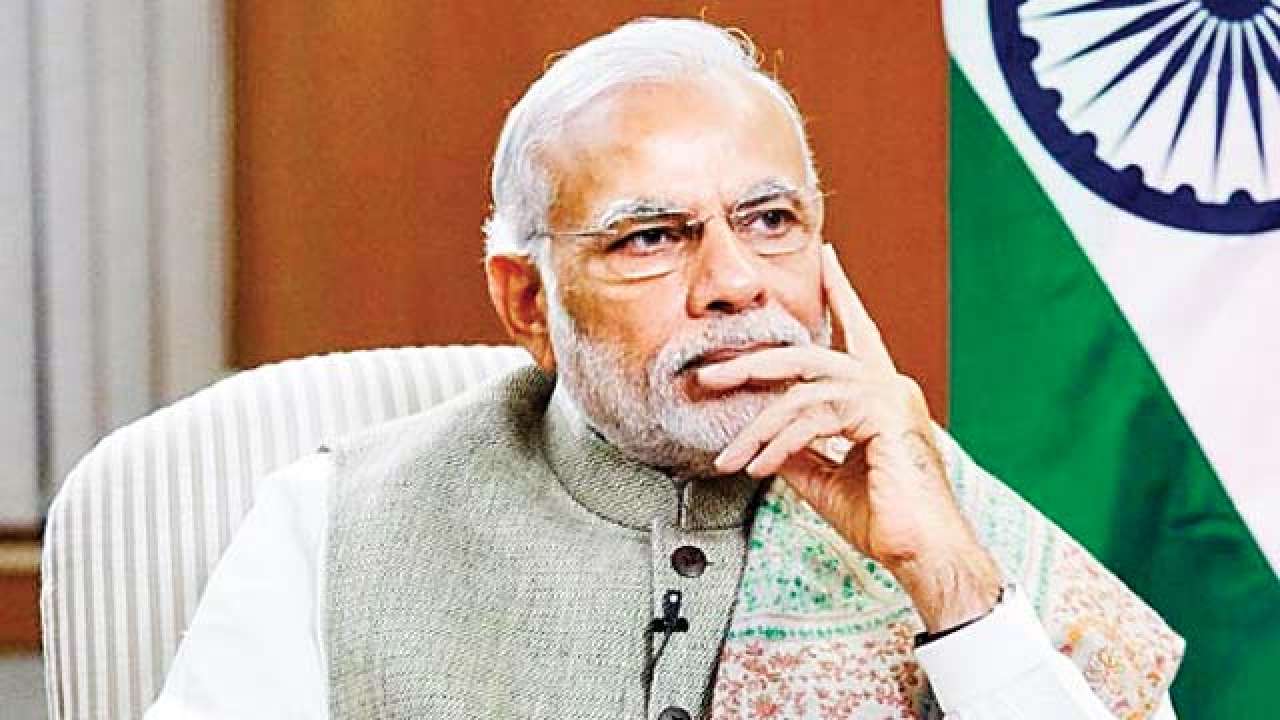
Committee reports have an uncanny way of becoming prescient in India. This is due to the fact that salutary recommendations of numerous administrative and fiscal committees remain mere words on paper, never to be actualised in practice. Consider, for instance, the warning issued by the PJ Nayak committee on banking reforms in 2014.
It said, “The onus of remedying this situation (the dismal state of bank management) through radical reform lies primarily with the central government. In the absence of such reform, or if reform is piecemeal and non-substantive, it is unlikely that there will be material improvement in the governance of these banks. This could impede the government’s objective of fiscal consolidation. The fiscal cost of inadequate reform will, therefore, be steep.”
And now that the PNB fraud is front and center blowing up not just in the face of the Finance Ministry but also the RBI, the old call of banking reform is being heard from all institutional rooftops. These calls will become strident as long as newer developments keep tumbling out from the PNB fraud case.
However, once the story is relegated to the back pages, the newly-found passion for reforms will also subside. One can say this with certitude because that has been the fate of so many reform campaigns initiated in the aftermath of other public banking disasters. If this government does indeed show its bold reforming streak – as it has shown in the tax domain (GST) or in power (Uday) or in social security (DBT) – as it does in banking, it will add another feather to its cap. One that the stock markets as well as the economy at large, will welcome enthusiastically.
Historically, banking reforms have been held back for so long for lack of political will. Public Sector Banks (PSB) are a kitty that politicians often like to dip into if only to dole out sops in the run-up to assembly or general elections. This, consequently, means that politicians of all hue like to keep bank boards under their control, and often plant people sympathetic to their interests.
Additionally, this stokes crony capitalism. Entrepreneurs and businessmen with a history of shady business tactics enjoy access to public funds, thanks to their proximity to politicians. The need of the hour is to rehaul the formation of these bank boards so that they, instead of the political-powers-that-be, enjoy discretion in dispatching credit to businesses.
The PNB case shows that banks are largely emasculated in dealing with public funds because their boards and CEOs answer to political masters compromising basic norms of due diligence and creditability. This vice grip of the government on PSBs can be loosened only if the former ceases its half-hearted banking reforms and launches an audacious agenda of privatising them. This will be in keeping with PM Modi’s promise of minimum government, maximum governance.
Once, banks are set free from the control of political entities, a larger push will have to be made to get world-class talent on their boards. This will help steer PSBs from their bureaucratic ways towards a pro-active approach of deepening loan books and maximising profits for the shareholders.